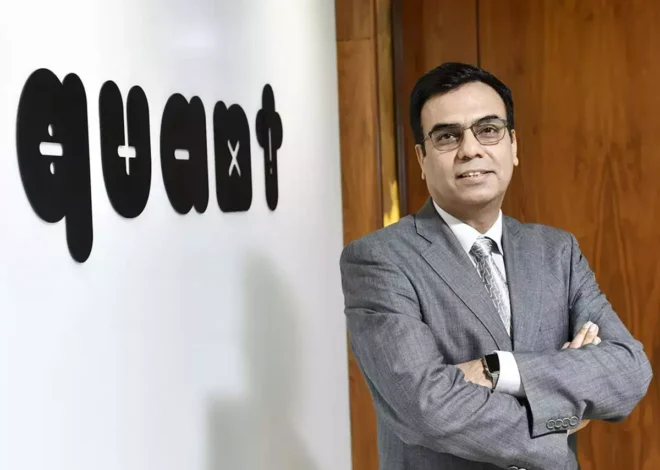
Are SIPs the Best Long-Term Strategy for Mutual Fund Investments?

Systematic investment plans (SIPs) of mutual funds have been rising steadily each month. According to the latest data from the Association of Mutual Funds of India (AMFI), the monthly SIP amount reached Rs 20,371 crore. Over a 12-month rolling period, SIP commitments totaled Rs 2.05 lakh crore, with April’s contributions hitting Rs 20,371 crore, up from Rs 19,271 crore in March and Rs 19,187 crore in February 2024.
As a result, the Assets Under Management (AUM) for SIP-linked funds grew to Rs 11.26 lakh crore, making up about one-fifth of the total assets managed by mutual funds.
But is SIP the best way to accumulate funds in the long term? Some experts believe SIPs are a great way to start investing, as they help mitigate market volatility through consistent periodic investments. However, others argue that SIPs might not help you reach your financial goals.
Anurag Singh, a Hedge Fund Manager, expressed his doubts in an article titled “Why SIPs are unlikely to make you rich?” He stated, “SIPs were designed to handle market volatility and timing issues. They seemed effective in the past when there were fewer options. However, with so many SIPs now, their effectiveness might diminish. During my recent visit to India, I met many young people contributing to SIPs regularly. While they’re not wealthy yet, they’re working hard towards their goals. Many aim to accumulate Rs 5 crore in the next 10, 15, or 20 years, and some aim for even higher amounts like Rs 10 crore or Rs 20 crore. To achieve these targets, they often lean towards mid- and small-cap funds based on past performance.”



